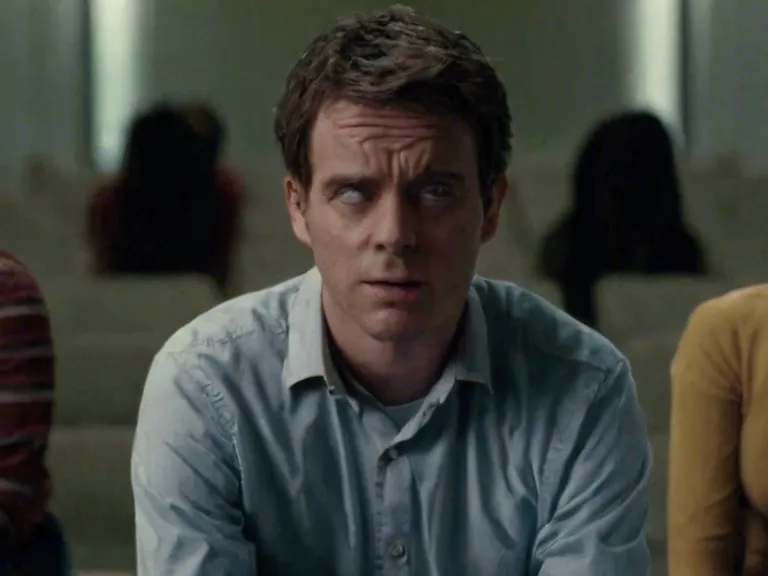
The portrayal of mental health in movies has been a subject of debate for years. Many films tend to either romanticize or stigmatize mental health conditions, often perpetuating harmful stereotypes. In this critical analysis, we will explore how movies have depicted mental health issues, the impact it has on viewers, and the importance of accurate and sensitive portrayals in cinema.
One common trope seen in movies is the portrayal of individuals with mental health conditions as violent or dangerous. This can lead to increased fear and misunderstanding of these conditions in real life. Movies like "Psycho" and "One Flew Over the Cuckoo's Nest" have contributed to this harmful stereotype, painting those with mental illnesses as unpredictable and dangerous.
On the other hand, some films have made efforts to portray mental health with more nuance and sensitivity. Movies like "Silver Linings Playbook" and "A Beautiful Mind" have depicted characters struggling with mental health issues in a more realistic and humanizing light. These films have helped to raise awareness and reduce stigma surrounding mental health conditions.
It is crucial for movies to depict mental health in a responsible manner, as they have a powerful influence on societal perceptions. The media plays a significant role in shaping public attitudes towards mental health, and inaccurate or stigmatizing portrayals can have harmful effects on individuals dealing with these conditions.
As viewers, it is important to critically analyze the representations of mental health in movies and challenge harmful stereotypes. By advocating for accurate and compassionate portrayals, we can help combat stigma and promote understanding of mental health issues in society.


